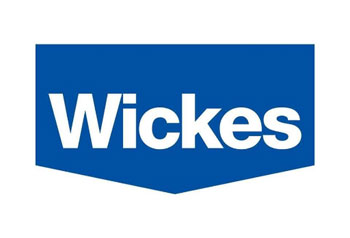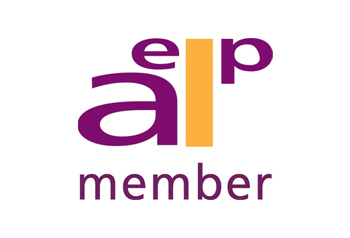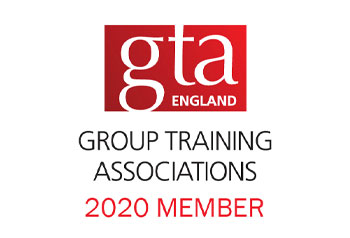Avensure summarise changes to employment law during 2016.
Brand new pay rates, slavery statements and arguments over employment status have kept employers and HR departments busy over the last 12 months. Here’s a rundown of the most significant developments in employment law this year looking first at the new laws introduced, and moving on to case law judgments that could have far-reaching effects for employers.
National Living Wage
- In April, employers were faced with paying with a brand new level of National Minimum Wage, confusingly given its own name: the National Living Wage. Set at £7.20 per hour, it represented a 50p per hour increase to workers entitled to receive it (those aged 25 and over).
- Many employers, including famous names, have sought to absorb the extra cost by changing employees’ terms and conditions.
Modern Slavery Statements
- The first Modern Slavery Statements were published this year.
- The requirement to create this kind of statement applies to employers who have a £36 million or more in annual turnover. It must set out the steps that the employer has taken that year to eradicate modern slavery e.g. human trafficking from taking place in its organisation and supply chains.
- The date when affected employers must publish their statement depends on their financial year, and the statement must be reviewed each year.
Changes to Immigration Laws
- The Immigration Act 2016 made various changes to the law on preventing illegal working this year.
- Firstly, the test required for the Government to find an employer guilty of employing illegal workers will be loosened. It is no longer required to show that an employer knew that an employee did not have the right to work in the UK. It now must be shown that there was reasonable cause for the employer to know of the illegality.
- Closure notices were also introduced; workplaces can be temporarily closed down if a repeated breach of the law is found.
Enforcement Methods
- To coincide with the introduction of the National Living Wage, the Government doubled the fine payable by employers who do not pay their employees in line with the National Minimum Wage or National Living Wage. Employers must now pay 200% of the underpayment identified.
- A new fine was introduced for employers who fail to pay compensation awarded by an Employment Tribunal. This is set at 50% of the compensation level.
Voluntary Overtime
- This year saw the first British case on voluntary overtime and holiday pay.
- Following an Employment Appeal Tribunal decision in 2014 declaring that ‘normal non-guaranteed overtime’ payments must be included in holiday pay, an Employment Tribunal found that the same applies to voluntary overtime payments.
- However, this judgment is not – at this stage – binding.
Self-employed or worker?
- Arguably the highest impact judgment of 2016 was the Employment Tribunal’s determination that Uber taxi drivers are not self-employed, but are ‘workers’.
- Although this judgment has been appealed and so is likely to turn into a long running saga, it has the potential to change the shape of a large part of the ‘self-employed’ element of working across Britain.










